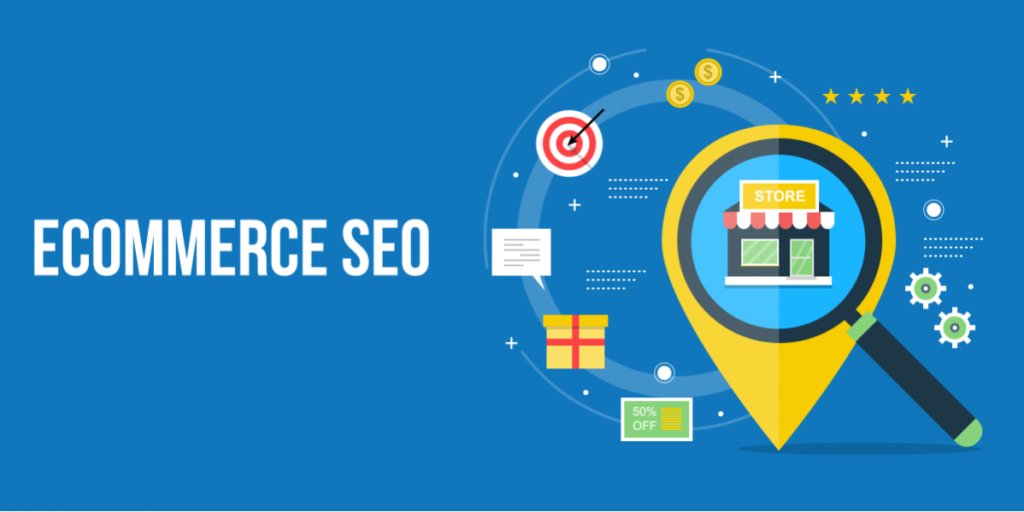
In today’s fast-paced world, online marketing has become a critical aspect of any business. It is no longer enough to rely on traditional marketing methods to attract customers and build brand awareness. This is especially true for mitigation companies, which are in a highly competitive and constantly evolving industry. With the rise of technology, more and more customers are turning to the internet to search for products and services, and mitigation companies that do not have a strong online presence are at a significant disadvantage.
In this article, we will discuss the reasons why a mitigation company should consider online marketing as an integral part of their marketing strategy. We will examine the benefits of online marketing and explore the different channels that are available for mitigation companies to reach their target audience.
Increased Visibility
One of the primary benefits of online marketing is that it allows mitigation companies to increase their visibility and reach a wider audience. With the help of search engine optimization (SEO), companies can optimize their website and content to rank higher on search engine results pages (SERPs). This means that when customers search for keywords related to mitigation services, they are more likely to come across the company’s website.
In addition to SEO, online marketing also allows companies to reach customers through social media platforms, email marketing, and paid advertising. By using these channels effectively, mitigation companies can create a strong online presence that can help them stand out in a crowded marketplace.
Cost-Effective
Online marketing is also a cost-effective way for mitigation companies to reach their target audience. A Milton Mitigation company told me unlike traditional advertising methods such as television, radio, and print ads, online marketing allows companies to reach customers at a fraction of the cost. This is particularly important for smaller mitigation companies that may have limited marketing budgets.
With online marketing, companies can create targeted campaigns that focus on specific demographics, behaviors, and interests. This means that they can allocate their marketing budget more effectively and get the most out of their advertising spend.
Builds Credibility and Trust
Another benefit of online marketing is that it can help to build credibility and trust with potential customers. By creating informative and valuable content, mitigation companies can position themselves as experts in their field. This can help to establish trust with customers and make them more likely to choose the company over competitors.
In addition, online marketing also allows companies to gather customer feedback and reviews, which can be used to showcase their expertise and customer satisfaction. By highlighting positive reviews and testimonials on their website and social media channels, mitigation companies can further build credibility and trust with potential customers.
Enables Targeted Marketing
Online marketing also allows mitigation companies to create targeted marketing campaigns that are tailored to specific customer segments. By using data and analytics, companies can gain insights into customer behavior and preferences, allowing them to create highly personalized campaigns that are more likely to resonate with their target audience.
For example, by using social media advertising, companies can target customers based on their location, interests, and behavior. This means that they can create targeted campaigns that are more likely to generate leads and conversions.
Measurable Results
Finally, online marketing allows mitigation companies to measure the results of their marketing campaigns. By using tools such as Google Analytics, companies can track website traffic, user behavior, and conversion rates. This means that they can identify which marketing channels are driving the most traffic and conversions, and adjust their strategy accordingly.
In addition, online marketing also allows companies to A/B test their campaigns, allowing them to optimize their marketing efforts for maximum results. By testing different messaging, imagery, and calls-to-action, companies can identify which variations are the most effective at generating leads and conversions.
Conclusion
In conclusion, online marketing is an essential component of any mitigation company’s marketing strategy. By increasing visibility, building credibility and trust, enabling targeted marketing, and providing measurable results, online marketing can help mitigation companies expand.


